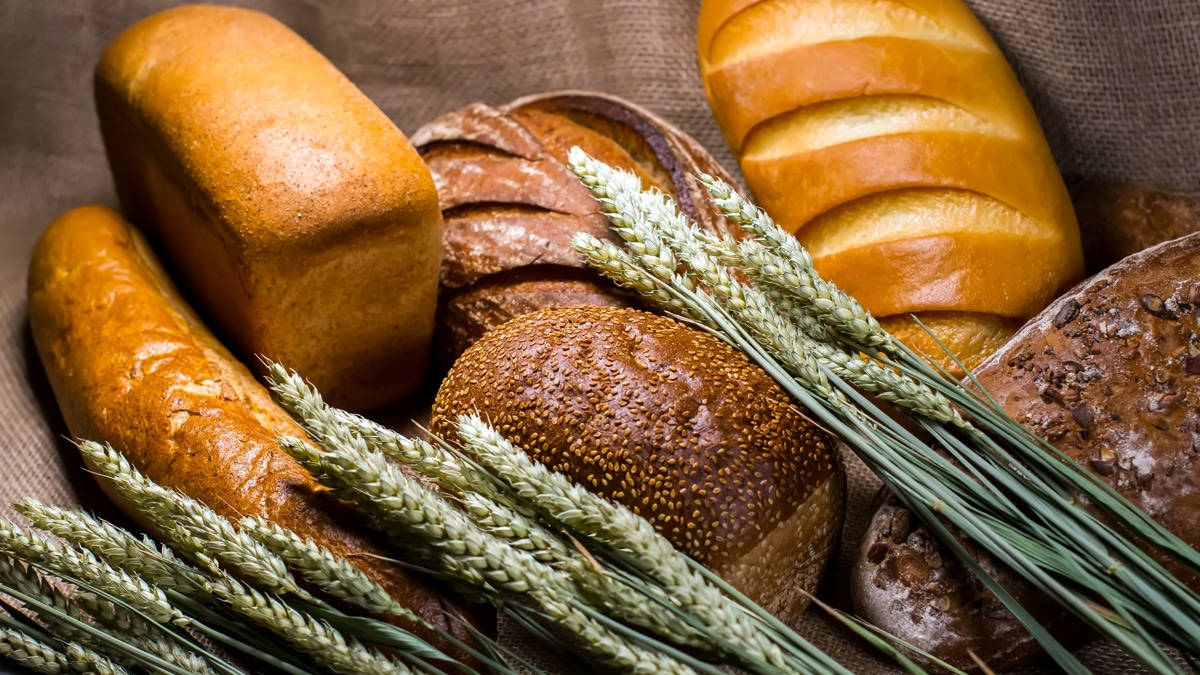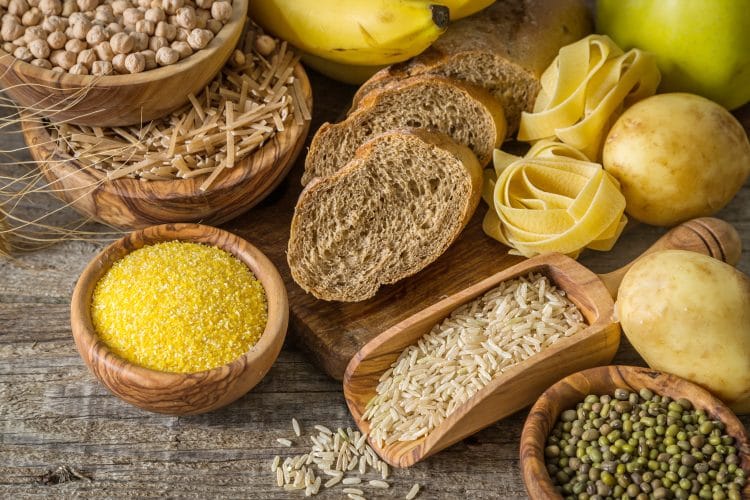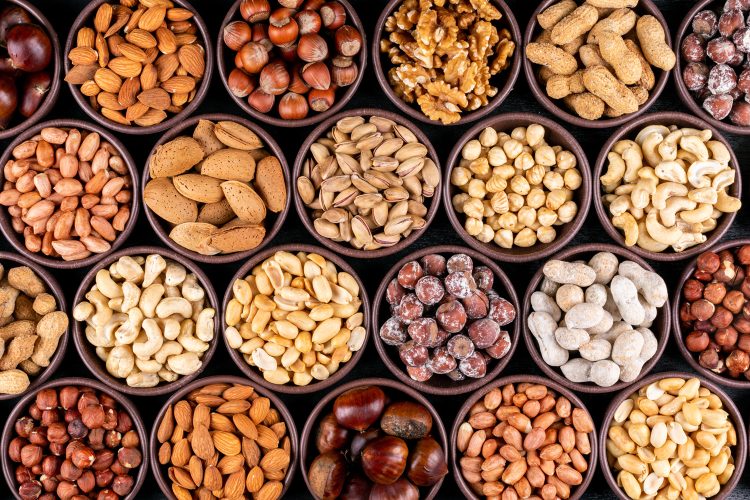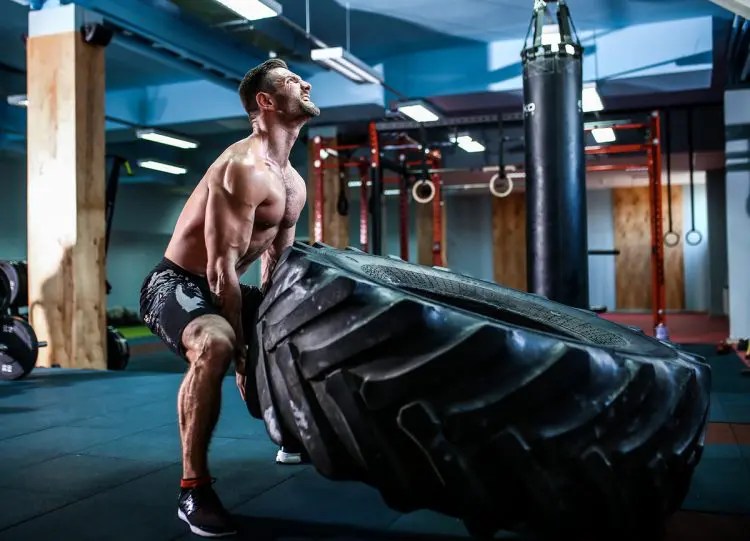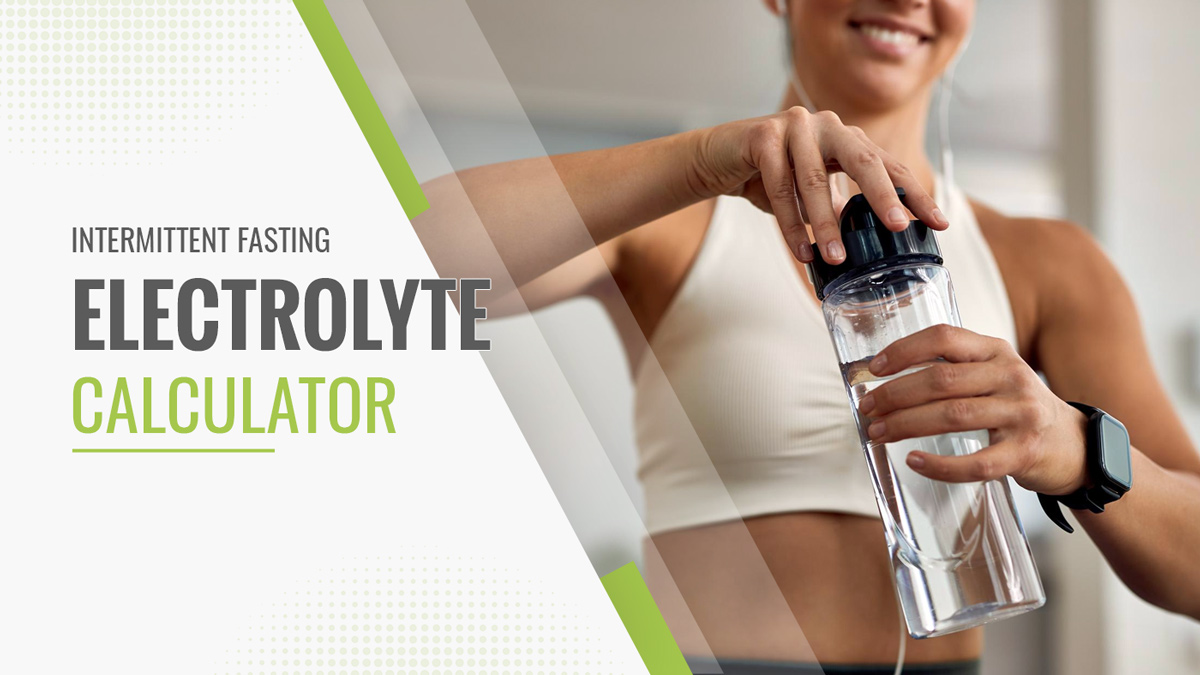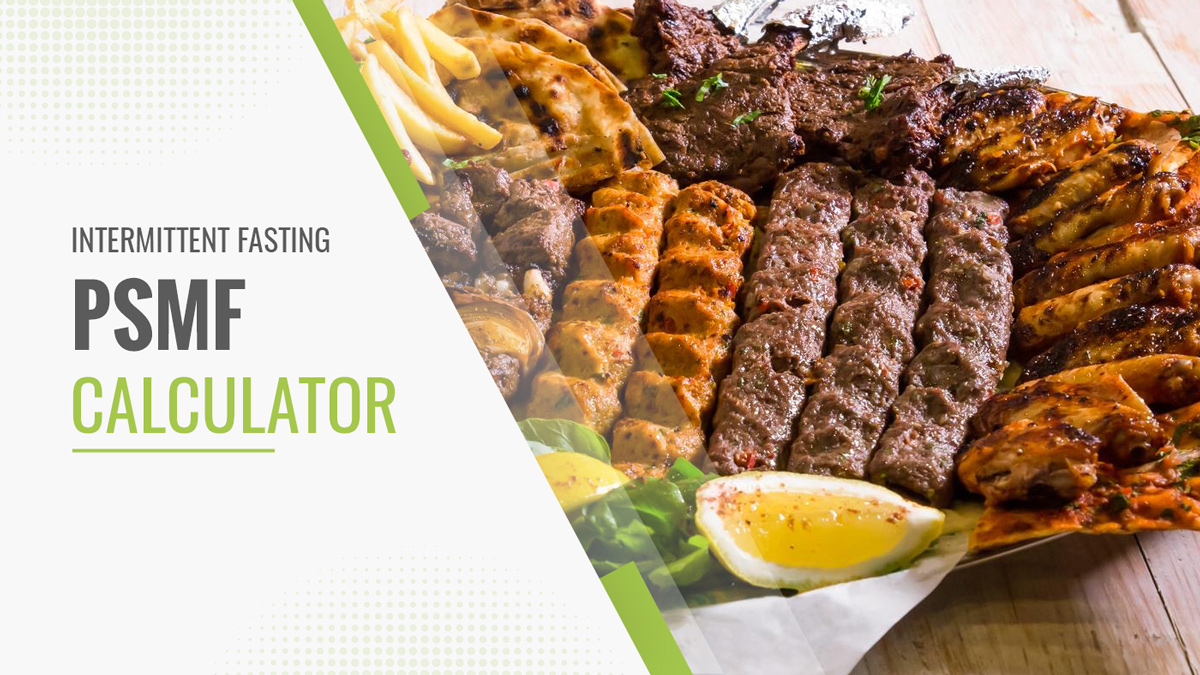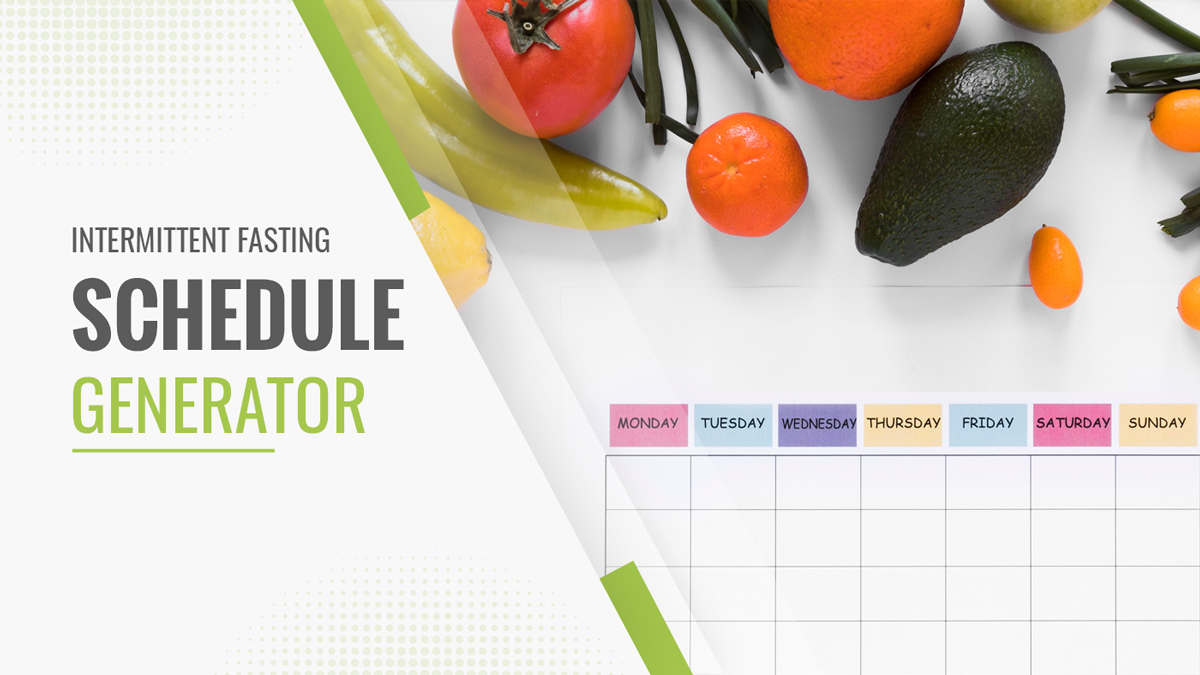Carbohydrates are the key factors in improving your athletic performance. When you have nothing left in the tank, carbs are right there fueling you with the extra energy you need to keep going. In the fitness world, carbs have a reputation for aiding people through their workouts.
Many athletes, professional basketball players, and regular gym goers use carbs to enhance their athletic performances before and during their training sessions. There’s a slight divide when it comes to carbohydrates and training. Some people say that eating carbs make them feel sluggish and tired which leads to them not having an effective workout.
Then there are those who look at the science and the importance of carbs when it comes to training. Some may claim that it is the best thing since sliced bread.
Seriously, why do some people eat carbs and feel tired, and then there are others who eat them and can run a 24-hour marathon? Is it the type of carbohydrates that we eat? Is there a specific time that we should consume them? Before we get to those questions, we have to start with the basics first.
What are Carbohydrates?
Fats, proteins, and carbohydrates are the three essential nutrients found in all foods and drinks. They all provide you with adequate energy, but carbs are the main macronutrient that is used for energy. This is because it is fast-acting and easily ready for the body to use as energy.
In modern society, carbohydrates have been getting a bad reputation, but why? Well, the bad reputation that carbohydrates have stemmed from years of conflicting information on whether it is bad or good for you. If you pay attention to the science behind it, we all know that carbohydrates play a major role in providing the body and the brain with energy.
We started to believe it was bad for us because there are cases that carbs can cause bloating, weight gain, and stomach discomfort. These cases are true, but should we rule out carbohydrates completely? No, it is not that simple because carbs are too important to completely cut off.
So, why do people get inflammation and get stomach discomfort after eating carbs? It mainly depends on how your gut breaks it down and which kind of carbs are you consuming. There are two different types of carbohydrates, refined carbs, and Unprocessed/unrefined carbs. Refined carbs are stables in modern western diets.
They can cause many chronic illnesses and diseases within the body. Some of those diseases are obesity, heart disease, and type 2 diabetes.
Examples Of Refined Carbs:
- Donuts
- French Fries
- Candy
- Table Sugar
- White Bread
- White Rice
- Noodles
- Processed foods
Unprocessed carbs, on the other hand, are high in vitamins, minerals, and fiber. Although both refined and unprocessed carbs produce energy, unrefined carbs are the better option because they are the best source of sustainable energy.
What Carbohydrates are Best for Workouts?
The most abundant forms of carbs are sugar, fiber, and starches. Carbohydrates come in a wide variety of food groups like bread, milk, potatoes, pasta, sodas, and chips. We should be mindful of what carbohydrates we are eating.
All of these items are refined carbohydrates. Refined carbs are the unhealthiest form. They had most of their grains and valuable nutrients stripped away. The best kind of carbs to eat for workouts are whole grain and whole wheat foods.
Examples Of Unrefined Carbs”
- Nuts (walnuts, peanuts, almonds)
- Seeds ( chia seeds, flax seeds)
- Whole grains (bread, pasta, brown rice)
- Fruits ( cherries, apples, bananas)
- Vegetables (spinach, kale, broccoli)
These are all healthy whole carbohydrates. Even though we love eating cakes and chips, those foods are not beneficial for us. Refined carbs will only make you feel sluggish. That is the opposite feeling we want.
Can Carbohydrates Provide You With Energy?
Carbohydrates are broken down into glucose by the body which can be easily stored and accessible to use for energy. It is first broken down in the mouth through mechanical and chemical digestion with the help of an enzyme called amylase. Glucose is a form of simple sugar found in the blood.
Glucose is the reason our blood sugar levels fluctuate. As the blood level rises, the pancreas triggers a hormone response through a positive feedback loop. The hormone response is releasing insulin into the blood. Insulin’s job is to take that sugar that is in your blood and transport it into cells. Once it is in the cells, that is when your body is using it as its main source of energy.
Studies have shown that fats are the first macronutrient to be used as energy during low-intensity workouts. Once the intensity increases, the body will switch from using fats as a primary energy source to using carbohydrates. As a result, if you go for a 4-mile run in the morning, you’ll have glucose stored in your body that is ready to be used.
Why Should You Eat Carbohydrates During Workouts?
Carbohydrates have been shown to improve aerobic performance during moderate to high-intensity exercise in the long run. For example, let’s say your normal cardiovascular exercise is cycling. After the first 10 minutes of cycling, you have nothing left in the tank to cycle for another 5 minutes.
The next time you cycle, you decide to eat carbs an hour or two before your cardio workout begins. Instead of having enough energy to do a 10-minute cardio session as you normally would, now you could do 15 minutes easily. This is because the carbs that you ate gave you extra energy that you needed to power through your workout. In other words, carbs can provide you with extra energy at the tail end of your workout.
If you eat the right carbohydrates such as the unrefined options I mentioned previously, your aerobic performance may improve. If you are someone who usually goes all out at the gym and breaks personal records, you would need a little energy to help guide you. Having a quick snack with carbs in it could be the reason that you can do one more rep on the bench press. I used to train in the morning in a fasted state. Which means I haven’t eaten in hours.
I end up completing my workout, but I always have that feeling that I could’ve gone harder. But I don’t have the extra energy to go all out as I want to. The next day, I had a banana before my workout and I noticed a slight difference. The difference that I felt was that I could lift slightly heavier weights than usual.
Another improvement that I’ve seen is me not being as winded at the tail end of my workout. This allowed me to finish the workout strong without lowering my training volume for that session.
Many Athletes Eat Carbs Before And During Training
Many athletes eat carbs shortly before a tournament to ensure that they have adequate energy for a long, strenuous game. Carbohydrates are known to help athletes compete at greater levels for longer periods by delaying exhaustion.
Many basketball players in the NBA eat peanut butter and jelly sandwiches before their games. This peanut butter jelly craze started back in 2008 and the first team that made it a game-time ritual was the Boston Celtics.
Funny enough, the Celtics won the NBA championship that year. There’s a theory that these carbohydrate-filled sandwiches help the players perform better on game day. If that’s the case, why not try it for yourself and get the benefits. If you don’t believe this peanut butter jelly story, just check out the article from ESPN.
How Many Carbohydrates Should We Eat For Our Workouts?
This largely depends on how much exercise you do and how intense the exercise is. If you’re someone like Larry Wheels trying to break a personal record by squatting 950lbs… then you may need a lot more carbs.
For the average person who decides to head to the gym, they can get through their workouts with a normal mixed diet. This is about 3-5g of carbohydrates per kilogram of body weight. For example, if you weigh 68kg, then your daily intake of carbs should be about 204g-340g.
Endurance athletes that are working out 2-3 hours per day for 5-6 days a week would need to increase their carbohydrate intake. They would constantly need to increase their carb levels since they’ll be using a lot more carbs with the higher training frequency they are doing. Athletes should eat around 5-8g of carbohydrates per kilogram of body weight.
People who train 3-6 hours for 5-6 days a week would need to increase their carbohydrate intake drastically. These individuals need to consume about 8-12g of carbohydrates per kilogram of body weight.
12g of carbs per kilogram of body weight may seem outlandish to some. We have to realize that there are people who compete in extreme sports/events that need as much energy as they can get. For example, the competitors who participate in the
Tour de France annual cycling race would need about 12g of carbs.
Timing Carbohydrates

It is important to know how to time carbohydrates around your training schedule. Timing your carbohydrate intake effectively mainly relies on your body composition. For example, how lean you are and how many grams of carbs you consumed on that day. If you’re a lean person then carbohydrates are crucial to add to your high-intensity training session.
The reason for this is, we don’t want the quality of our workouts to suffer. There’s a risk where if you are very lean, you could have muscle loss and energy loss with little carbohydrates fueling you. This is because you don’t have much-reserved energy stored in the body to avoid fatigue during a high-intensity workout.
If you decide to eat carbs before your training, the recommended suggestion is to eat 60-90 minutes before exercising. Just so the body can digest it and store it as energy readily available to you when you need it.
If you are someone that is bulking or has a higher body fat percentage then your carb timing may be slightly different. If you typically eat 200g or more, then I wouldn’t be too focused on the timing of my carb intake. This is because let’s say I am Dwayne “the rock” Johnson who eats like 20 stacks of pancakes in the morning.
If I decide to exercise in the middle of the day, then I’ll still have leftover energy from all those carbs I had in the morning. Similarly, snacking on some carbs throughout the day is beneficial.
It all depends on your life schedule, how sedentary you are, and how many meals you have per day. If you’re the type of person who isn’t hungry in the morning, then maybe a small snack is what is best for you. Then later on in the day, your carb intake can ramp up.
Conclusion
When exercising, training sessions can be strenuous and take a lot out of you. This is why you should replenish your energy levels with whole carbohydrates. Consuming carbs is a well-known way to power through workouts. Eating carbohydrates can improve energy levels for everyone no matter if you’re an athlete or a regular gym-goer.
Find the right balance with your carbohydrate intake. Don’t wake up in the morning and chug down a protein shake with peanut butter and 2 scoops of oatmeal servings. You may feel sluggish if you eat too much and we don’t want that.
It is important to know which carbs are best. The food sources that should make up the bulk of your carbohydrate intake should be unrefined fruits, whole grains, and vegetables.
During periods in which you need to replenish your glycogen levels at a faster rate, then it is recommended that you eat more starchy, surgery foods within the first four hours after training. If you want to maximize your performance in the gym, carbs are the way to go.
References
Fitness Volt is committed to providing our readers with science-based information. We use only credible and peer-reviewed sources to support the information we share in our articles.
- Arya, S. S., Salve, A. R., & Chauhan, S. (2016). Peanuts as functional food: a review.
Journal of food science and technology, 53(1), 31–41. https://doi.org/10.1007/s13197-015-2007-9 - Alper CM, Mattes RD (2002) Effects of chronic peanut consumption on energy balance and hedonics. Int J Obes Relat Metab Disord: J Int Assoc Stud Obes 26(8):1129–1137 [PubMed]
- Kirkmeyer, S. V., & Mattes, R. D. (2000). Effects of food attributes on hunger and food intake.
International journal of obesity and related metabolic disorders: journal of the International Association for the Study of Obesity, 24(9), 1167–1175. https://doi.org/10.1038/sj.ijo.0801360 - Jeukendrup A. E. (2010). Carbohydrate and exercise performance: the role of multiple transportable carbohydrates. Current opinion in clinical nutrition and metabolic care, 13(4), 452 457. https://doi.org/10.1097/MCO.0b013e328339de9f
- Saris, W. H., van Erp-Baart, M. A., Brouns, F., Westerterp, K. R., & ten Hoor, F. (1989). Study on food intake and energy expenditure during extreme sustained exercise: the Tour de France. International journal of sports medicine, 10 Suppl 1, S26–S31. https://doi.org/10.1055/s-2007-1024951
- Burke, L. M., Hawley, J. A., Wong, S. H., & Jeukendrup, A. E. (2011). Carbohydrates for training and competition. Journal of sports sciences, 29 Suppl 1, S17–S27. https://doi.org/10.1080/02640414.2011.585473
Tip: If you're signed in to Google, tap Follow.


